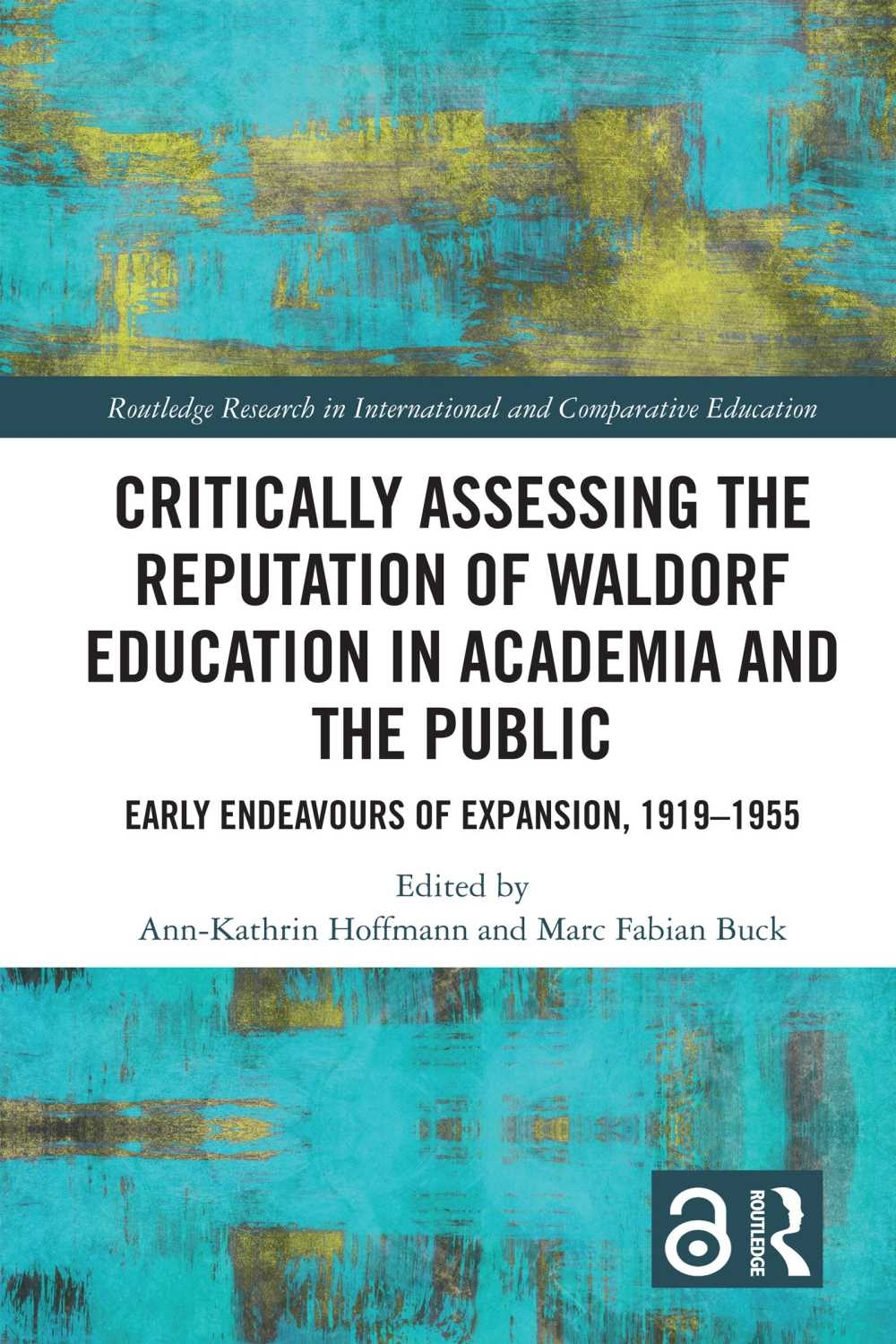The first of two volumes dedicated to this little-explored topic, this volume gathers international perspectives to critically assess how Waldorf education has been perceived and discussed in both public and academic arenas. The book thereby challenges the historic concept of Waldorf education as an international movement championing ’progressive education’.
Spanning the period 1919 - 1955, this first volume looks at countries with a longstanding tradition of Waldorf schools: Germany, The Netherlands, Norway, Switzerland, Austria and Finland. The second volume, which covers the period 1987 - 2004, focuses on more recent developments in Japan, Israel, Spain, Poland, Kenya, France, Slovenia, and China. Throughout both books, over 25 leading scholars present 16 case studies spanning 14 countries to discuss the history and perception of Waldorf education in the context of respective school systems and societies. By exploring the ramifications of these case studies against the background of existing research, the books offer cutting-edge perspectives and prompts for scholarly debates for this as-yet under-researched field.
This book will be of interest to researchers, scholars and postgraduate students in international and comparative education, the theory of education, and the philosophy of education. Policy makers interested in the history of education as well as practicing teachers and school staff at Waldorf education institutions may also benefit from the volume.
A further volume looks at the period 1987--2004. For its contents, please see the end of this volume.











